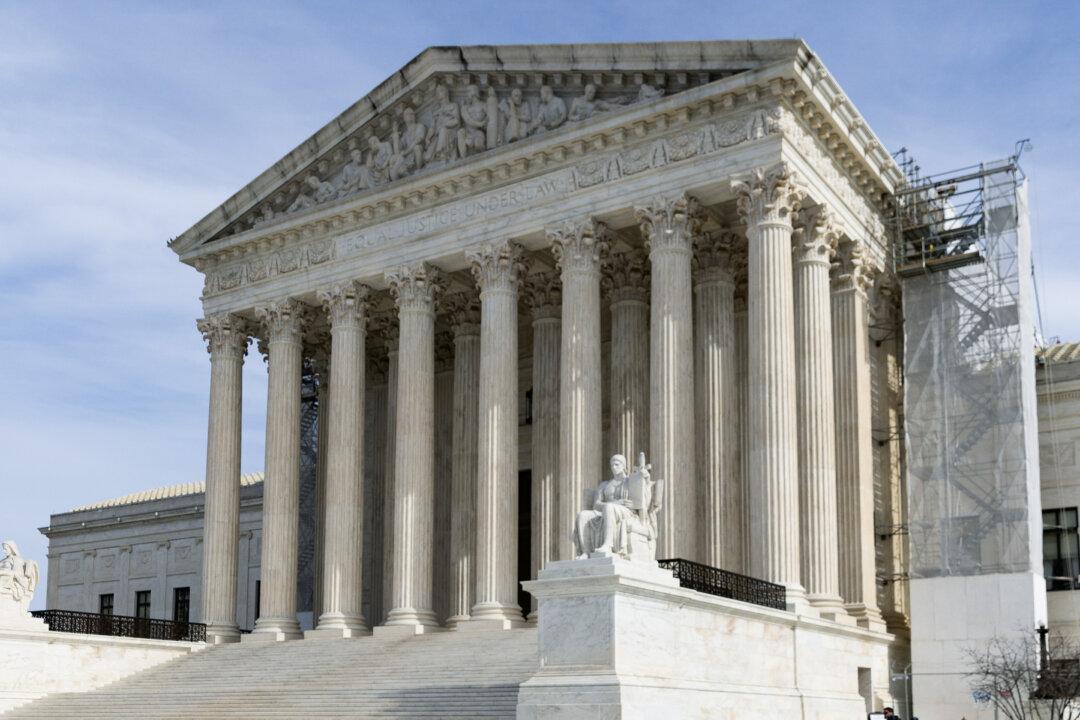WASHINGTON—Republican state attorneys general who brought a major free speech case against the Biden administration argued before the Supreme Court on March 18 said they were “cautiously optimistic” about how the Court will decide.
The attorneys general of Missouri and Lousiana, parties to the case of Murthy v. Missouri, argued that the Biden administration violated the First Amendment by pressuring social media companies to remove content related to COVID-19 and the 2020 election that officials claimed was misinformation.




